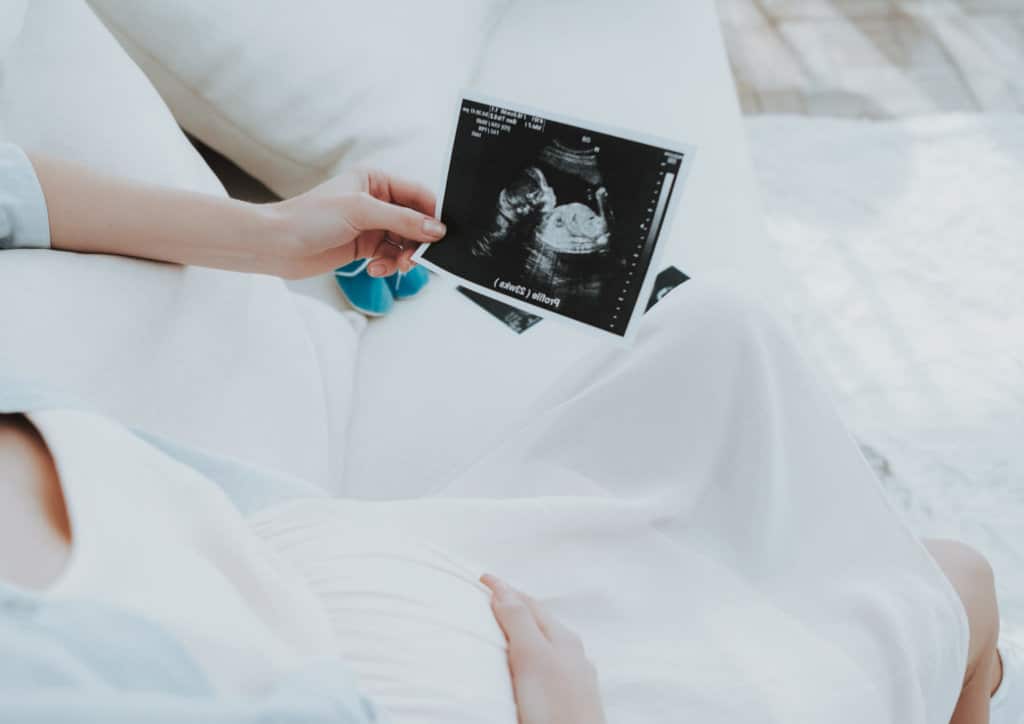Indian and Chinese migrant couples in Australia are opting for termination of pregnancy after finding out that the fetus is female, according to a recent study. Advancement of technology in Australia has made it possible for would-be parents to know the gender of the fetus as early as 10 weeks into the pregnancy, giving them a chance to have selective pregnancy, it said.
The number of baby boys born is expected to be 105 per 100 girls born if natural birth processes are left un-interrupted, according to the study. However, the analysis found a huge difference in the figures, which indicated that a selective approach is being adopted to select the gender of the upcoming baby.
About 1.2 million births in Victoria between 1999 and 2015 were analyzed in the research, conducted by La Trobe University, Melbourne. The analysis showed that mothers within some key migrant communities, such as Chinese and Indian immigrants, are giving birth to sons at rates of over 120 for every 100 daughters in later pregnancies.
The study found that during 2011 to 2015, China-born mothers gave birth to 108 boys to every 100 girls. If they already had two or more children, the said rate was 125 to every 100 girls, showing that pregnancy after having two or more children increased the bias towards a baby boy, the Sydney Morning Herald reported.
Similarly, India-born mothers gave birth at a rate of about 104 boys to 100 girls, if it was their first child. Rate of birth of boys increased to 122 boys to every 100 girls after their second child.
The findings showed that gender bias is persistent in the country, despite laws banning people from choosing the sex of their child, except in case of medical complications, according to Dr Kristina Edvardsson from Melbourne’s La Trobe University, the lead researcher of the study.
“We believe that some women may be terminating pregnancies after discovering they are expecting a girl and in other cases are travelling overseas to access non-medical sex selection services through assisted reproduction,” she said, the publication reported.
The findings have also raised questions about whether it is necessary to provide parents with early gender information.
There is no regulation for ultrasound providers in Australia about when the information regarding the sex of the upcoming baby should be shared, according to the Daily Mail. The Australasian Sonographers Association doesn’t want to get involved in this debate, the Age reported.
If the sonographer is confident about the baby’s gender, they would provide the details upon asking, Jodie Long, chief executive of the association, told the publication. “What the parents do with information is not for the sonographer to determine,” she added.
